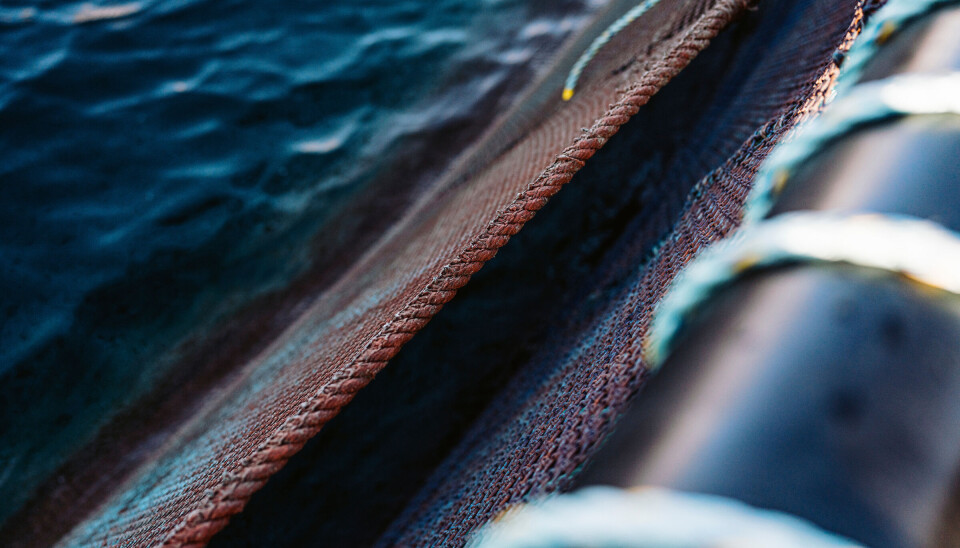
Aussie-inspired netting system cuts seal attack mortality for Scottish Sea Farms
Double layer pens will be rolled out across Shetland region by mid-2025
Scottish Sea Farms is rolling out a bespoke double netting system on pens across its Shetland region in a continuing effort to reduce seal-related fish deaths, it has reported in its staff newsletter, The Source.
The system, which has successfully reduced seal attacks, is a collaboration between the salmon farmer’s Shetland team and Scottish net makers and is now in its third iteration as it is constantly evolving.
Pens are fitted with two layers of HDPE (high density polyethylene) anti-predator netting, with enough depth for the net system to remain in place until the fish are harvested.
The inner and outer nets are pulled tight and are spaced widely - up to 5 metres apart at the bottom of the pen - to discourage seals and minimise the risk of damage or stress to the fish.
Lessons from Tasmania
The new system, which is due to be fully rolled out by mid-2025, was introduced following observations of salmon farms in Tasmania, where seal predation is also a big challenge.
Although there is a standard pattern for the nets, they can be adapted where necessary.
High bird poles have also been installed with a wall of netting, as opposed to the more traditional hamster wheel, to try to prevent seals clambering into pens over the top of handrails.
Deterrents removed
Salmon farmers in Scotland have been seeking ways to stop seals trying to attack fish in pens since the use of acoustic deterrent devices (ADDs) was discontinued in early 2021 following advice from Marine Scotland (now the Marine Directorate) that they might cause harm or disturbance to cetaceans (whales, porpoises and dolphins), which are designated as European Protected Species (EPS) in law. ADDs might therefore require an EPS licence to permit their use.
A second generation of ADDs that deliver very short, targeted sounds designed to deter but not harm seals or other mammals has been developed but these have not yet been given the go-ahead by the Marine Directorate.
In the first eight months of 2021, almost 350,000 salmon were killed directly by seals, according to trade body Salmon Scotland, with many others dying as a result of stress caused by seals swimming around pens.























































